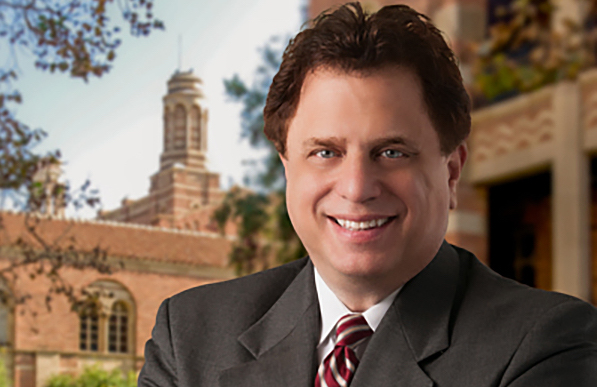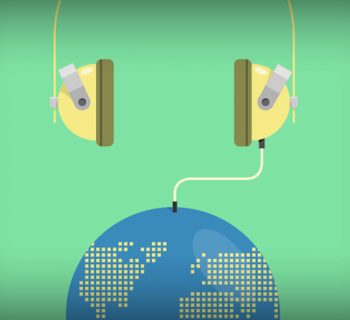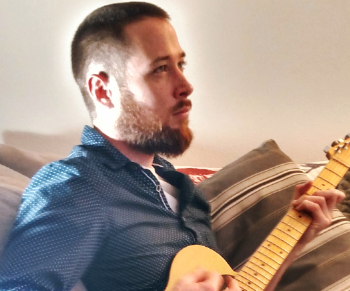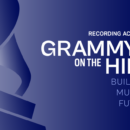Paul McCartney is concerned Artificial Intelligence (A.I.) could steal from artists if the U.K. government approves changes to its copyright law. A new proposal would permit A.I. developers to use creators’ content on the internet to assist in developing A.I. models unless the holder of the rights “opts out.” For instance, an A.I. developer could not use a songwriter’s song if the songwriter notifies the A.I. service providers that they do not give permission for A.I. companies to use the songwriter’s music.
As some opponents of the proposed bill have claimed, the “opt out” provision is not reasonable since it is not possible for a rights holder to notify thousands of A.I. companies to inform them that they do not give permission to use their creative content.
Another question that arises is, how would individual creators monitor all the A.I. service providers to see if their creative content is being used by A.I. companies without their permission?
Some critics have proposed a different model that would not allow A.I. companies to use creative content unless the creator “opts in” by giving permission to use it.
McCartney warns that a “Wild West” atmosphere could occur if artists’ copyrights are not protected. But McCartney did say about A.I.: “I think it is great and can do lots of great things. But it shouldn’t rip creative people off. There’s no sense in that.”
In an interview with the BBC, McCartney brought up how in 2023 he and Ringo Starr used A.I. to obtain the vocals from an incomplete demo by John Lennon to create a new song called “Now and Then.” The song was well received and was nominated for two GRAMMY awards.
Elton John and Simon Cowell (The X Factor) asked the government to rethink radically changing U.K. copyright law. They are fearful that new artists will not be successful if the Government adopts revisions to copyright law that reduce copyright protection. John said proposals to revise U.K. copyright law to reduce protection “would devastate our creative community,” which would “help powerful foreign technology companies make profits.”
John further stated that it would “destroy the U.K.’s leadership” as a superpower in our culture and “give it all away. For nothing.”
Cowell said the issue of A.I. management was “potentially one of the biggest moments and decisions of our time.” Cowell warned that the ability of artists and behind-the-scenes workers to make a living risked “being wiped out” if A.I. was not regulated and managed properly.
Cowell further stated, “The thought that anyone would believe they have the right to blindly give this country’s creative ideas away—for nothing—is just wrong. I passionately care about people’s personal creativity—and A.I. shouldn’t be able to steal the talent of those humans who created the magic in the first place.”
Only time will tell what changes the U.K. will institute regarding the regulation of A.I.
GLENN LITWAK is a veteran entertainment attorney based in Santa Monica, CA. He has represented platinum selling recording artists, Grammy winning music producers, hit songwriters, management and production companies, music publishers and independent record labels. Glenn is also a frequent speaker at music industry conferences around the country, such as South by Southwest and the Billboard Music in Film and TV Conference. Email Litwak at gtllaw59@gmail.com or visit glennlitwak.com.













